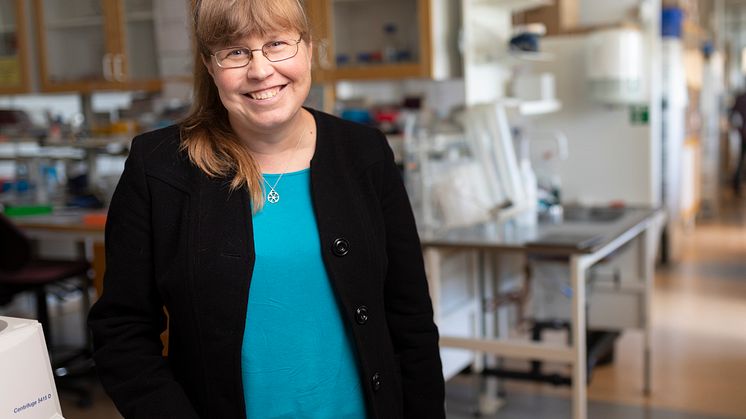Are cows pickier than goats?
To answer this question, Linnaeus collected 643 different plant species that were then fed to horses, cows, pigs, sheep and goats. The results were carefully compiled but not analysed until now, 275 years later, when they are also published by the Linnean Society in London.

